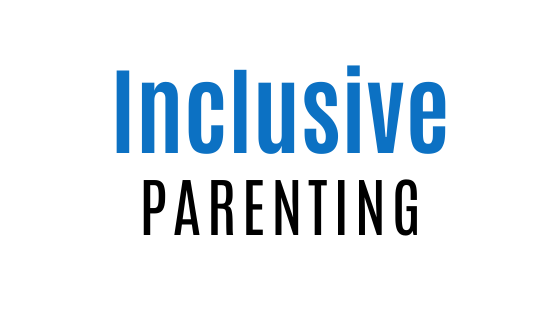In my first few years as a special needs parent I was not interested in building a community around me.
I was overwhelmed with my son’s diagnoses and just wanted to concentrate on him and on what he needed. I didn’t have time for anything else. I didn’t have the mental or emotional capacity to do any more.
And the thought of attending an in-person support group made me feel physically ill – I could not imagine anything worse.
Besides, in my mind, my son was the one with the diagnosis, not me – I was just his parent, trying to help him along. If anyone needed support it was him – except he didn’t even want to be around anyone he didn’t know. So what could a community do for him or for me? I honestly couldn’t see the point.
However, over those first few years, my thinking gradually changed.
Once I became active online, I discovered groups in Facebook for parents of kids with all kinds of conditions. I slowly warmed up to the idea of finding others who could understand what we were going through. I felt more comfortable in pouring my issues into a keyboard because it’s obviously much less confronting than breaking down in tears in front of a support group.
At the same time we began to meet other special needs parents at school. It was easy to fall into conversation over the strange eating habits of our kids and the funny things they’d say. I began to feel so much lighter in spirit in being able to offload some of my issues and in sharing experiences with others who really understood our life.
Slowly, we started to build an autism community around us. Supportive and trusted people who knew our son, knew autism, knew the challenges of special needs parenting and knew the struggle to balance the needs of everyone in the family. I began to see the value in having real, tangible support around me. I began to finally appreciate just how important it is to build a community as a special needs parent.
While we were able to build an autism community around us, we weren’t as successful in creating an albinism community. Albinism is less common than autism and it seemed those few people I had come in contact with were scattered everywhere else but here. It seemed as if we’d have to do with online communication instead.
But then came IAAD (International Albinism Awareness Day) with the opportunity to finally meet other local families living with albinism. Gilbert presented his albinism talk and I said a few words about my hopes in relation to creating a local albinism community. And then we took the time to connect with other families throughout the afternoon.

Comparing our experiences with such a rare condition instantly bonded us all. We have now set up a local albinism Facebook group and are already talking about plans to meet up again soon. It was such a valuable opportunity for our kids to realise there are other people out there with albinism too. And, as a parent, it was so lovely to be able to talk to others who understand terms that I seem to forever have to explain to others.
I have been riding a high all week. It was such an adrenaline rush to feel that sense of belonging when you are so used to not belonging at all.
While it did take me a while to understand and accept the importance of community as a special needs parent, I am a total convert now.
Every one of us needs to feel a sense of belonging – we shouldn’t feel isolated and alone.
Every one of us needs to feel connected and valued – we shouldn’t feel excluded and second-rate.
Every one of us needs access to help and support and understanding – we shouldn’t feel like we have to do it all on our own.
These are all the things that a community can provide.
It can definitely be harder to build a community when your family has special needs to consider but it’s so important that you try.
Connecting online is a great place to start, even if you don’t feel as if you need to bring anyone else into your world. Having conversations with fellow parents can also be an easy way to connect. And even having discussions with random people while out and about can sometimes yield unexpected support and understanding.
Don’t be like me and believe that you can do it on your own.
Because, in the end, we all need support, whether we like to admit that or not x





Lovely post. It really does take a village. I’m so glad you found yours and didn’t continue to go it alone. Xx